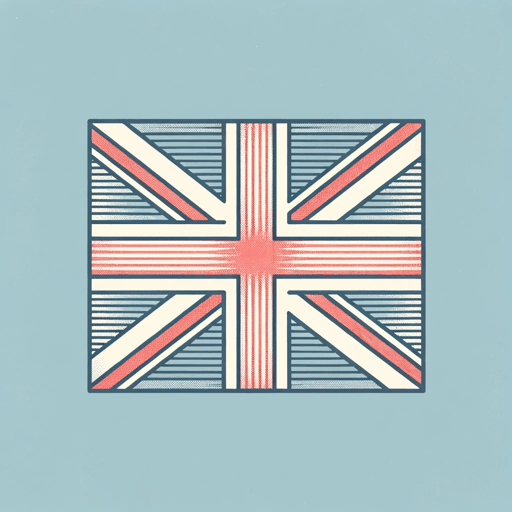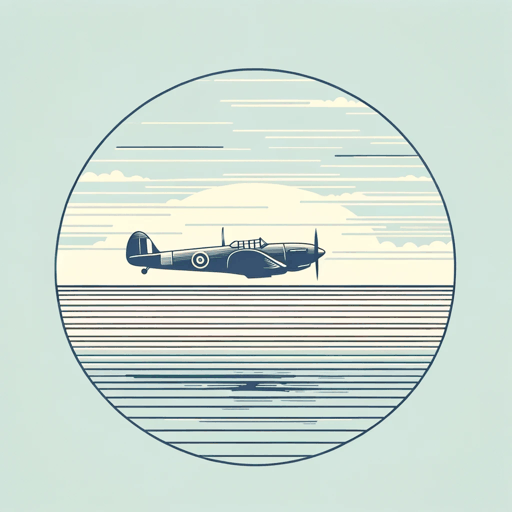27 pages • 54 minutes read
Winston ChurchillTheir Finest Hour
Nonfiction | Essay / Speech | Adult | Published in 1949A modern alternative to SparkNotes and CliffsNotes, SuperSummary offers high-quality Study Guides with detailed chapter summaries and analysis of major themes, characters, and more.
Summary and Study Guide
Summary: “Their Finest Hour”
“Their Finest Hour” is a speech originally given by British Prime Minister Winston Churchill on June 18, 1940, in the House of Commons to members of Parliament and his ministerial cabinet. Churchill delivered the speech following the disastrous campaign of the Battle of France and the hasty evacuation of the British Expeditionary Force (BEF) from Dunkirk. In June 1940, Nazi boots marched in Paris, and the surrender of the French government seemed imminent. The speech aimed to boost morale in Britain during a difficult time and to reaffirm the British government’s commitment to fighting Nazi Germany, reassuring the population that an Allied victory was not only possible but also probable. It explores themes of Patriotism in Dark Times, Good Versus Evil, and Unity in the Face of an External Threat.
This guide references the version of the speech published on the International Churchill Society website, citing by paragraph.
Churchill references a recent speech in which he detailed the mistakes made during the Nazi invasion of Belgium that ultimately necessitated the evacuation of British forces at Dunkirk. The same mistakes sidelined much of Britain’s military strength; Churchill believes that if more British divisions had been able to participate in the Battle of France, the Allies might have been victorious.
Churchill then moves on, explaining that dwelling on past failures will only jeopardize future success. To that end, he also argues against any sort of formal inquiry into the government’s policies in the years leading up to the current crisis. Churchill instead emphasizes that the moment calls for unity: of British political parties and of the British public with its government.
Referencing another prior speech, this one forecasting what could happen if Germany invaded France, Churchill stresses that his position has not changed now that his worst predictions have come true: He remains committed to the war against Germany. He points out that Britain has recovered much of its men and equipment from France and that the forces that remain there are “fighting with considerable success in their local encounters against the enemy” (Paragraph 4). In total, there are some 1.25 million members of the British military currently in Britain, with more people either waiting to be called up or supporting the war effort in other capacities (e.g., munitions production). Forces from various British dominions are also arriving.
Given the strength of Britain’s military, Churchill says, any invasion of the island would need to be overwhelming in scale. However, Britain remains the world’s naval superpower and would be able to guard its shores; in fact, Churchill argues that the British navy has become stronger since the beginning of the war, whereas the German navy has deteriorated and the Italian navy has yet to be tested. Furthermore, Britain has laid mines to protect its coastline. Churchill grants that naval power is more effective at stopping full-scale invasions than minor incursions, but he assures listeners that Britain is hard at work devising ways to combat Germany’s “novel treacheries and stratagems” (Paragraph 9). Moreover, the British navy’s failure to prevent the Nazi invasion of Norway should not be seen as an indication of weakness, as the location in which British vessels were fighting (the Skagerrak, a strait between Denmark and Sweden) was particularly disadvantageous.
Churchill next reassures his listeners that the British air force is strong and capable of defending the island from invasion; in previous engagements, German losses exceeded British losses by two or even four to one, and Churchill suggests that British pilots will be at an even greater advantage fighting over Britain itself. That being the case, Churchill argues, it is fortunate that Britain did not expend its entire air force in a futile bid to defend France. Churchill does concede that Britain’s bombing capabilities do not currently match Germany’s, but he expresses confidence in the British public’s ability to withstand a bombing campaign.
Churchill is sympathetic to the idea that Britain should continue to fight Germany even if defeat proves inevitable. However, Churchill believes that the situation is not so dire. It is true that France’s defeat was a major blow to Allied hopes, and there is also a danger that the Nazis will be able to draw on the resources of the territories they have conquered to strengthen their military. However, Britain is already receiving ammunition and equipment support from its dominions and from the United States. Churchill further reminds listeners that the Allied position was very weak for the first few years of World War I: “During that war we repeatedly asked ourselves the question: How are we going to win? and no one was able ever to answer it with much precision, until at the end, quite suddenly, quite unexpectedly, our terrible foe collapsed before us” (Paragraph 19).
Churchill extends his support to French people, expressing hope that the French government will continue to put up resistance both at home and in the country’s overseas territories. Regardless, he stresses that the British people will stand with their French comrades and that a British victory will entail freedom for France as well as other conquered European nations.
Churchill reiterates that Britain must now prepare for attack. The stakes of the upcoming battle are high, as not only the British way of life but also the global survival of “Christian civilization” depend on a British victory. He therefore urges listeners to show bravery and determination: “Let us therefore brace ourselves to our duties, and so bear ourselves that, if the British Empire and its Commonwealth last for a thousand years, men will still say, ‘This was their finest hour’” (Paragraph 21).
Related Titles
By Winston Churchill




